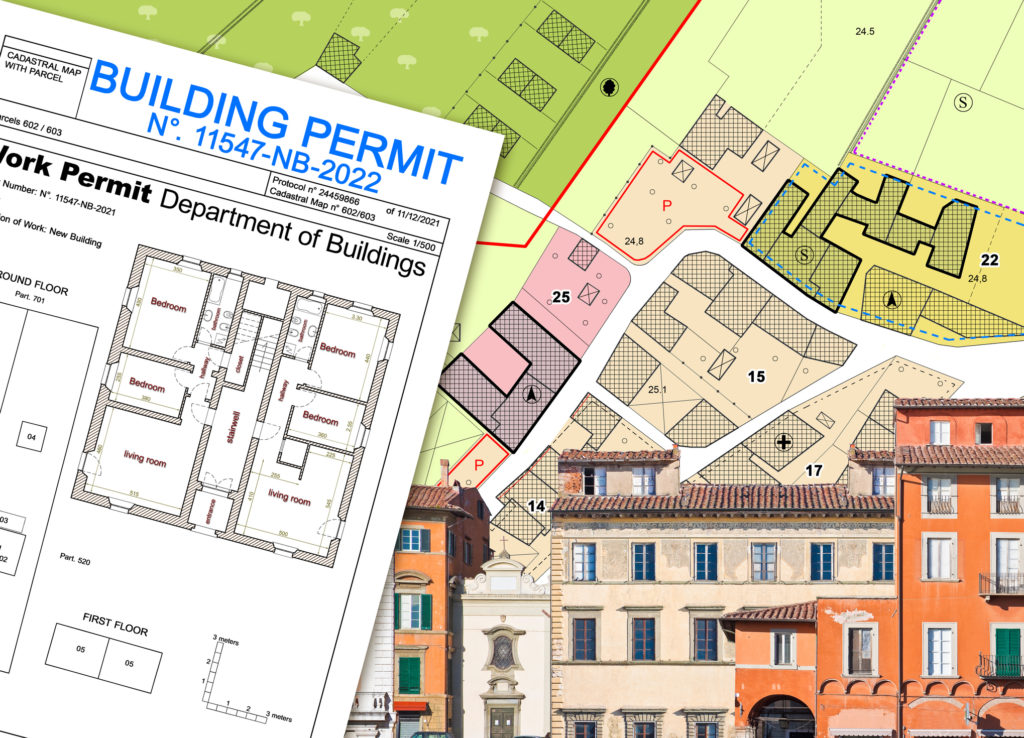Opinion: A Zoning Proposal That Is So Complex It Defies Analysis

Photo: istock

I am writing after attending the Planning Board Zoom meeting on 4/19, in which the ‘Amherst Forward’ changes to zoning regulations, sponsored by Councilor Mandi Jo Hanneke, were discussed. I have previously expressed my views on this in Zoom meetings and in editorials (see also here, and here) appearing in the Amherst Bulletin and the Amherst Indy, which were echoed by members of the Planning Board and the public during the meeting, e.g. the proposed changes are too complex and expansive and fail to address the primary driver of the housing shortage in town, UMass students scrambling for housing. Those problems remain, despite the latest rewrite of the proposed changes.
The Planning Board meeting was illustrative on a couple levels. Councilor Hanneke’s co-author (Council member Pat DeAngelis) had nothing to say, and Hanneke’s speed-talking through her amended proposal, laced as it was with confusing references to different colors of highlighting spotlighting changes, seemed difficult to follow even for Hanneke, and virtually impossible for Zoning Board members who had access to a printed copy of the proposal before them. How the public was supposed to make sense of it all is a mystery, and how they could be expected to contribute in a meaningful way to such a complicated proposal in the two minutes afforded to commenters was almost laughable.
Hanneke has engaged in some interesting tactics. She led a successful effort to deny a seat on the ZBA as an associate member over differences in opinion between Amherst Forward and the candidate. She has crafted a proposal that is so complex it defies analysis, and has grafted on vague assertions that it will address housing equity, affordability, student rental conversions, and the housing shortage resulting from developers seeking to capitalize on the student housing market in order to make her proposal more palatable, but without any underlying logic or support. Her proposed changes would limit or eliminate the ability of abutters of projects to learn about or have input into proposed zoning changes.
She has further proposed to eliminate or drastically reduce the time allotted to members of the public for comments in town meetings, and has proposed changes to rules governing public comment so that comments are reserved for the tail ends of lengthy meetings, after many members of the public have ‘given up’ and signed off. While I can only speculate what motivates these actions, the end results do not enhance the public’s ability to understand or have input to the process, and are thereby patently anti-democratic.
I encourage Town Council and the Planning Board to work to enhance, not diminish participation by the public. I beseech the Planning Board to reject the proposed changes as they stand. And I would ask Amherst Forward: Where is Amherst supposed to be going forward to, and why the rush?
John Varner is a resident of District 3

Mr. Varner, there is no need to question the motives of Mandi and Patricia. I spoke to them myself. Their goal is to change regulations so that in some small way housing is more affordable and available in Amherst. Many young families would like to live in Amherst but can’t because of these issues. Decades of restrictive zoning have made the problem worse. These families would like to give their children the excellent education that Amherst schools afford. Good education is a basic human right. I don’t know why people don’t understand this. Or maybe they do.
Mr. McBride:
What empirical evidence can you produce to support your arguments..
I’m anxious to understand how you think these proposals will reduce housing costs.
From the Brookings Institution.
“First leg: zoning reform
The U.S. needs to build more housing, and less expensive housing, especially in high-opportunity communities. To accomplish that, local governments must reduce regulatory barriers that limit the market’s ability to build small, lower-cost homes on expensive land. For example, local zoning regulations prohibit building anything other than single-family detached houses on three-quarters of land in most U.S. cities. Townhouses, duplexes, and apartment buildings are simply illegal. Even where multifamily buildings are allowed, zoning rules like building height caps and minimum lot sizes often limit the financial feasibility of developing new housing. Single-family houses use more land per home than other housing types. Therefore, in places where land is expensive, building multiple homes on a given lot is the most direct way to reduce housing costs, because it spreads the cost of land across multiple homes.”
The Trickle-Down Theory of Housing is about as valid as Ronald Reagan’s Theory of Trickle-Down Economics. Both are smokescreens to facilitate moneyed interests. In our case, parts of Town with the most restrictive zoning want to sacrifice other parts of Town, which are already zoned for density, for their own already privileged benefit. This isn’t about affordable housing, but tax revenues from student rentals. The hypocrisy and self-righteousness of these do-as-we-sayers-not-as-we-doers hope are of truly Trumpian proportions.
Mr. McBride’s citation from the Brookings Institution is a statement of OPINION, not EMPIRICAL evidence that increasing density lowers the cost of housing.
I don’t understand, Ms. Greenbaum wanted something empirical and I gave it. It is also to be noted, that in my original note I said, “Their goal is to change regulations so that in some small way housing is more affordable and available in Amherst.” I used the word “available”. Higher density housing may not appeal to the aesthetics of every eye, but is the moral thing to do. It could decrease the cost of housing, and would most definitely make housing more available. Many young families would like to take advantage of the excellent Amherst schools. Good education is a basic right, all over the world.